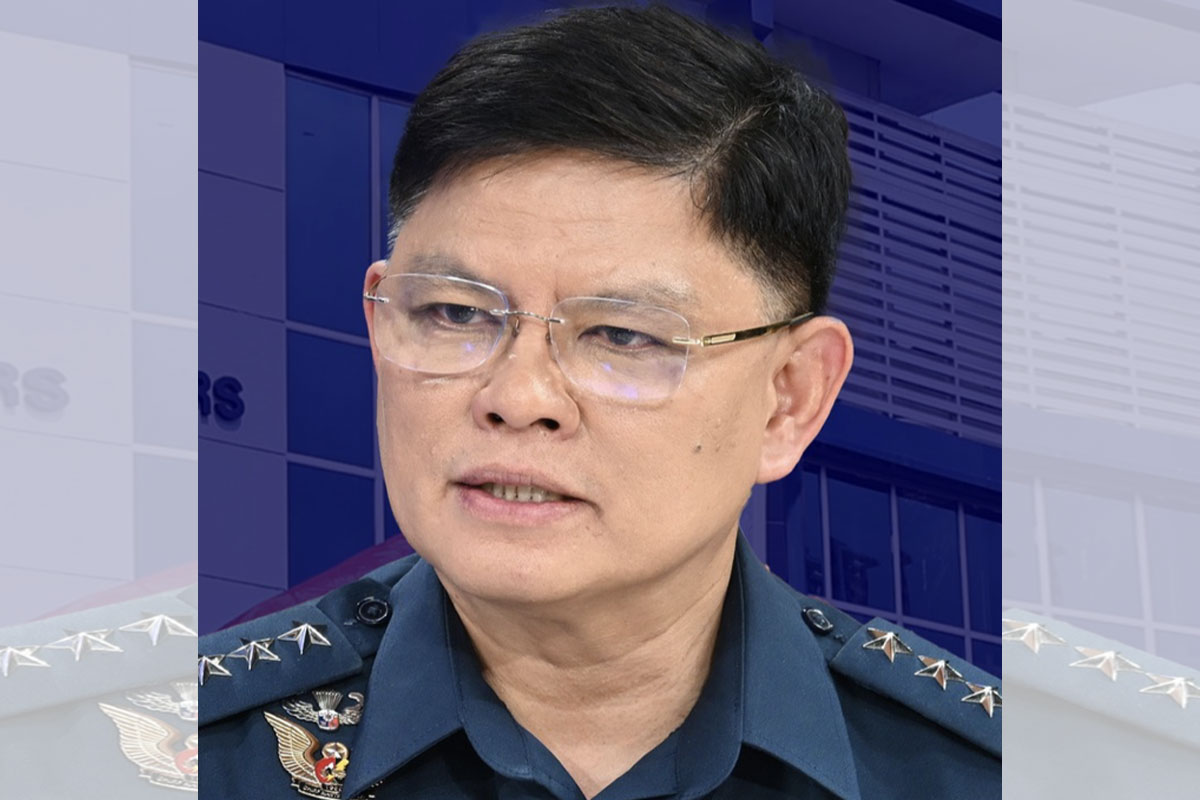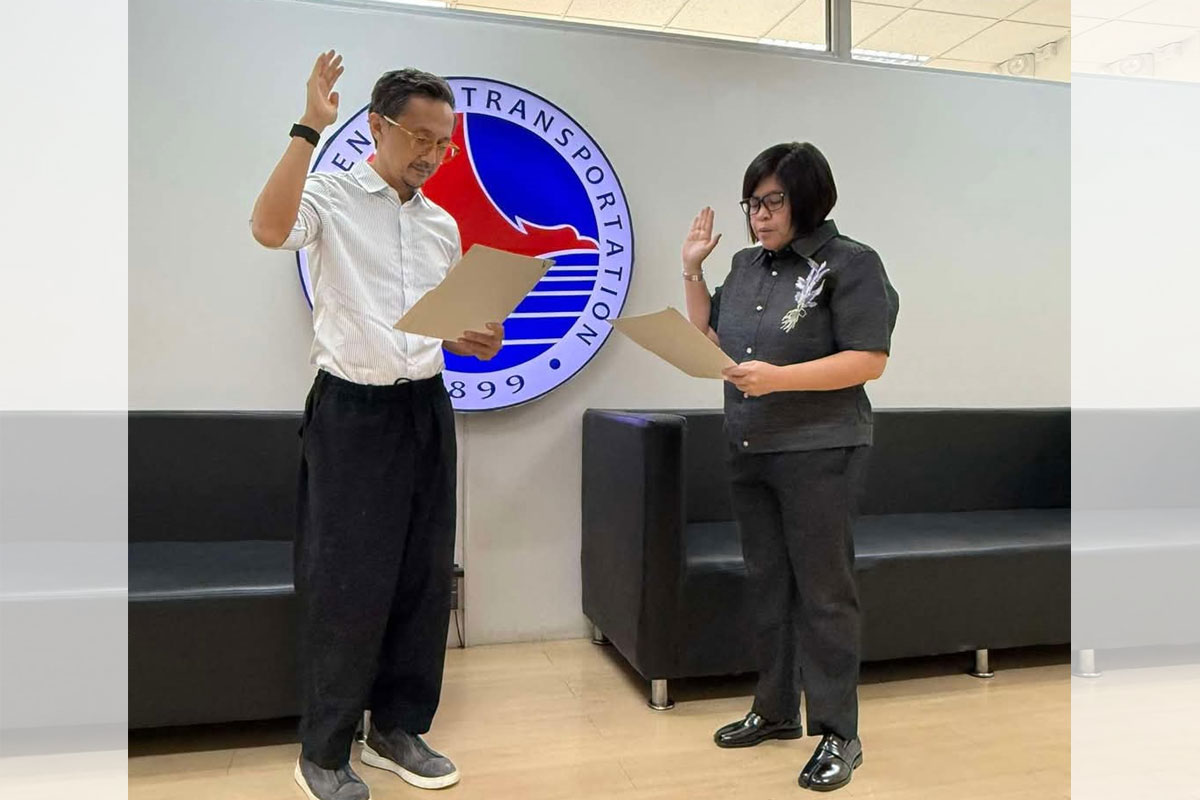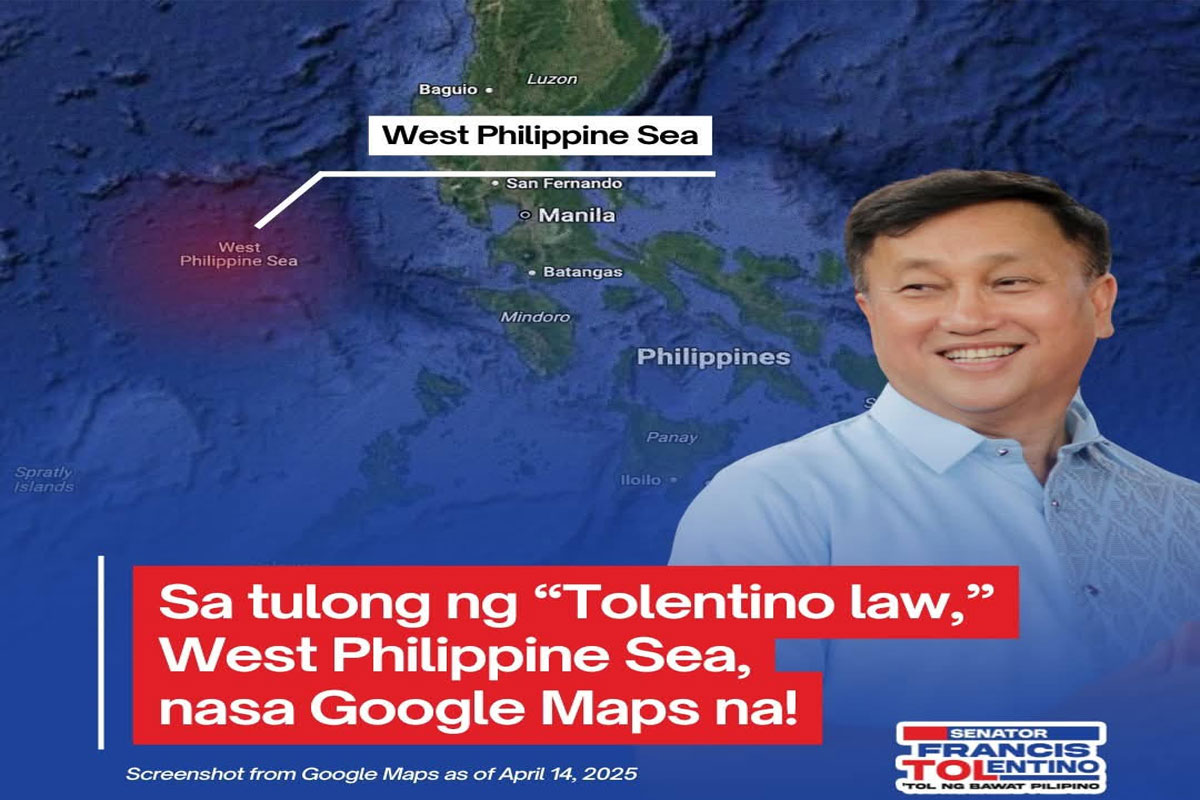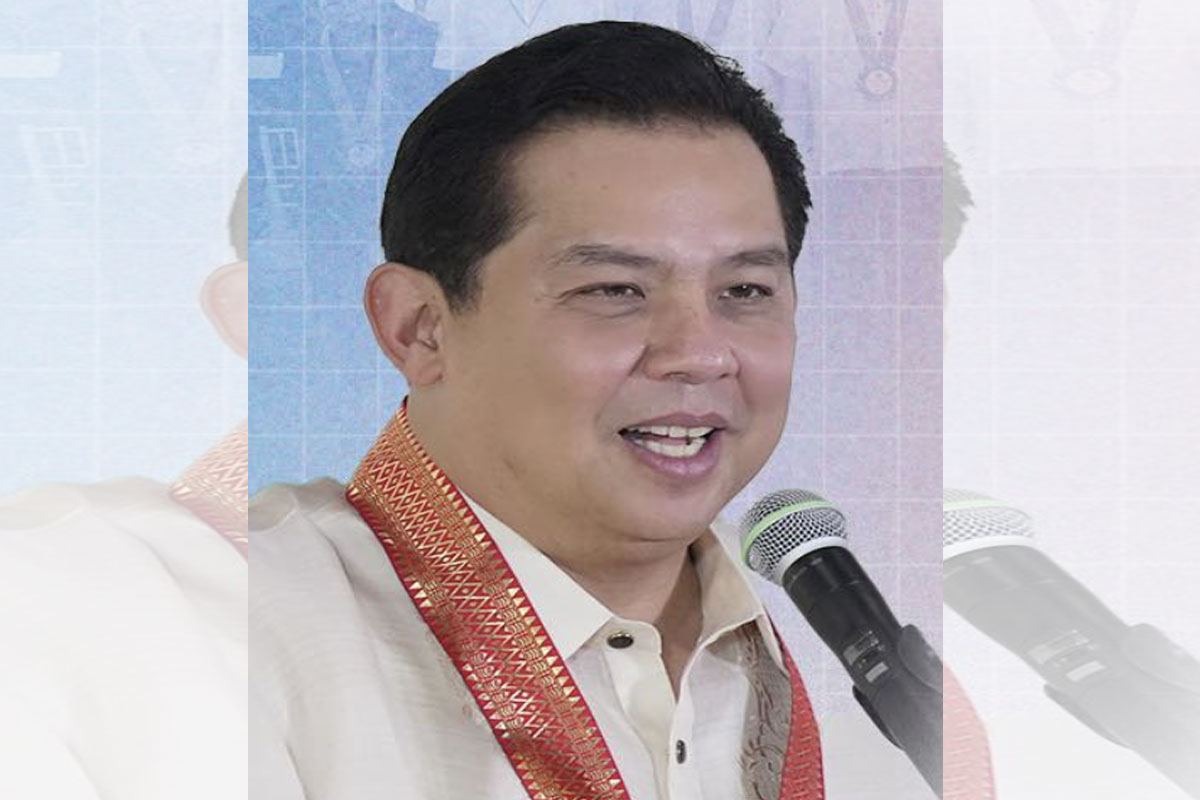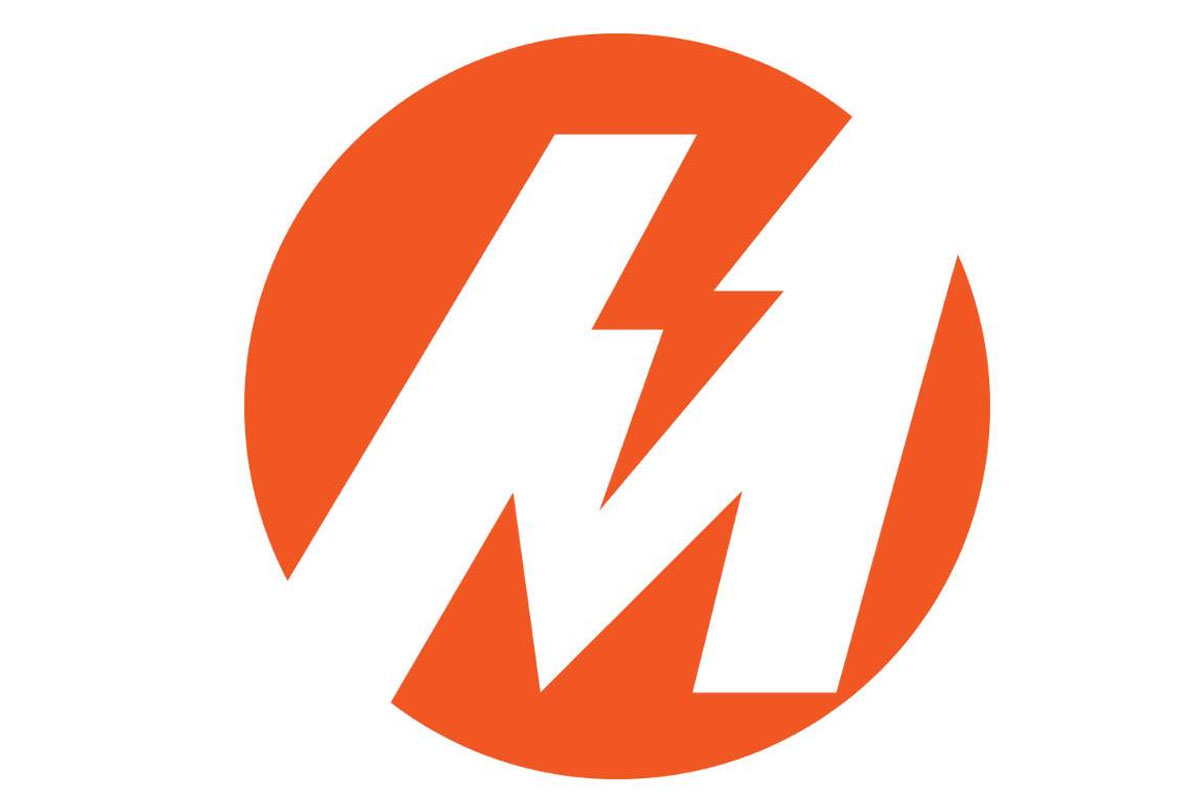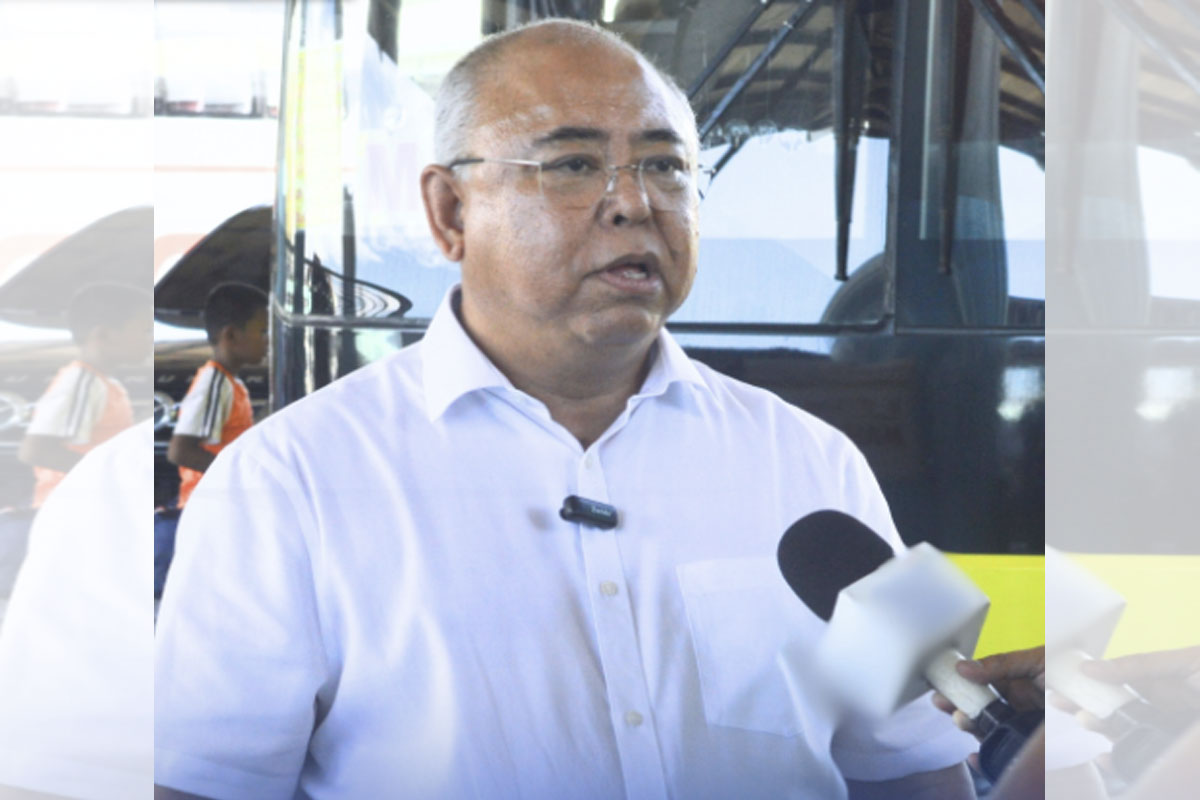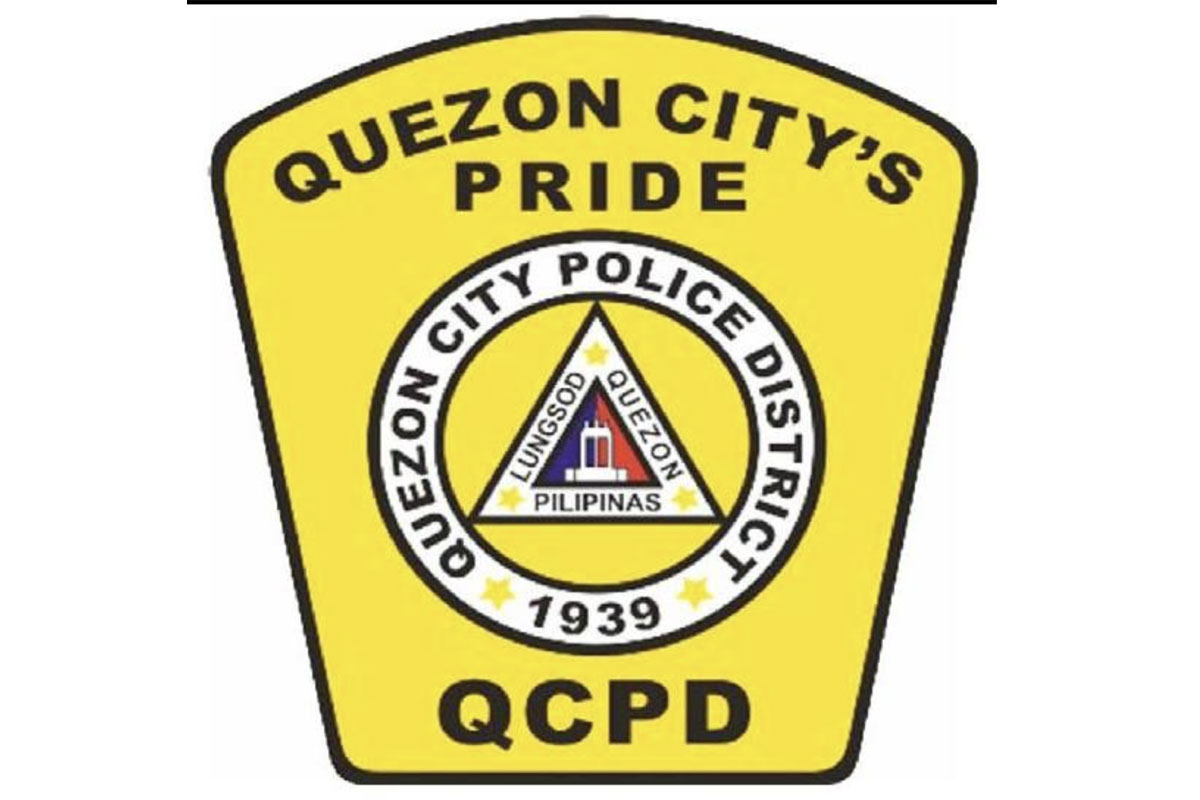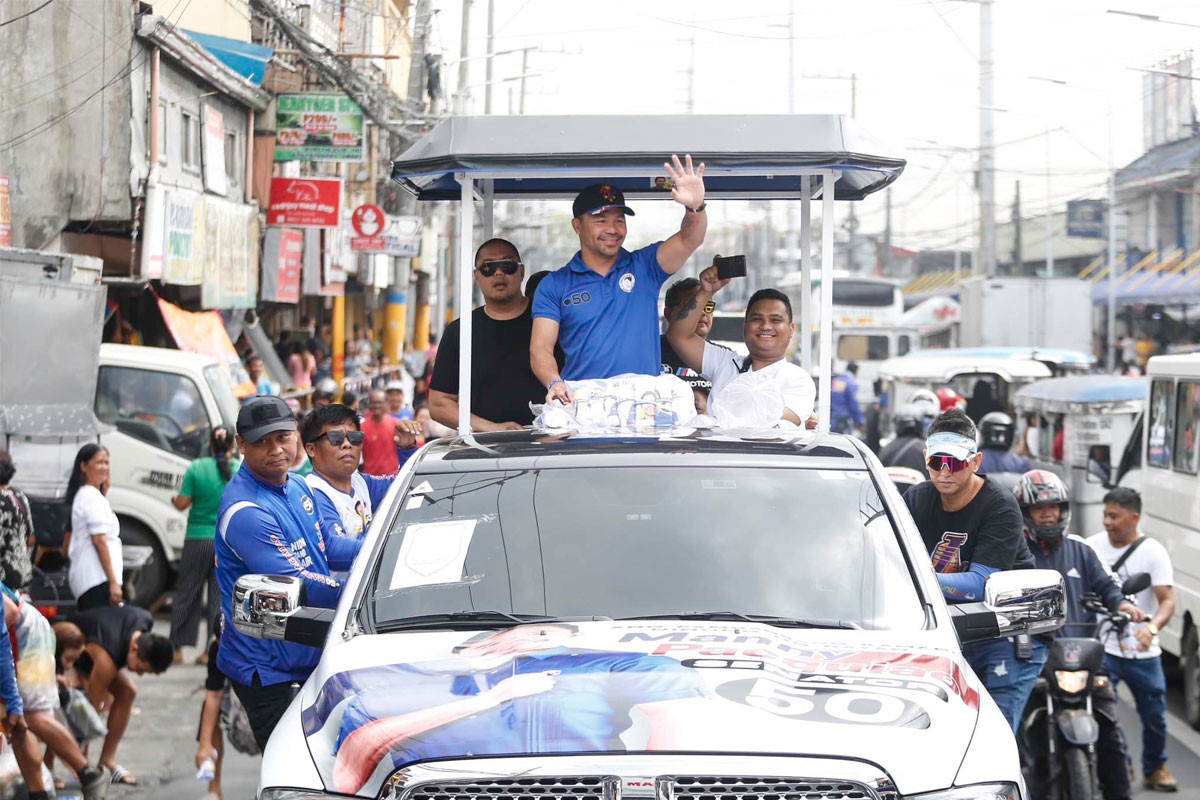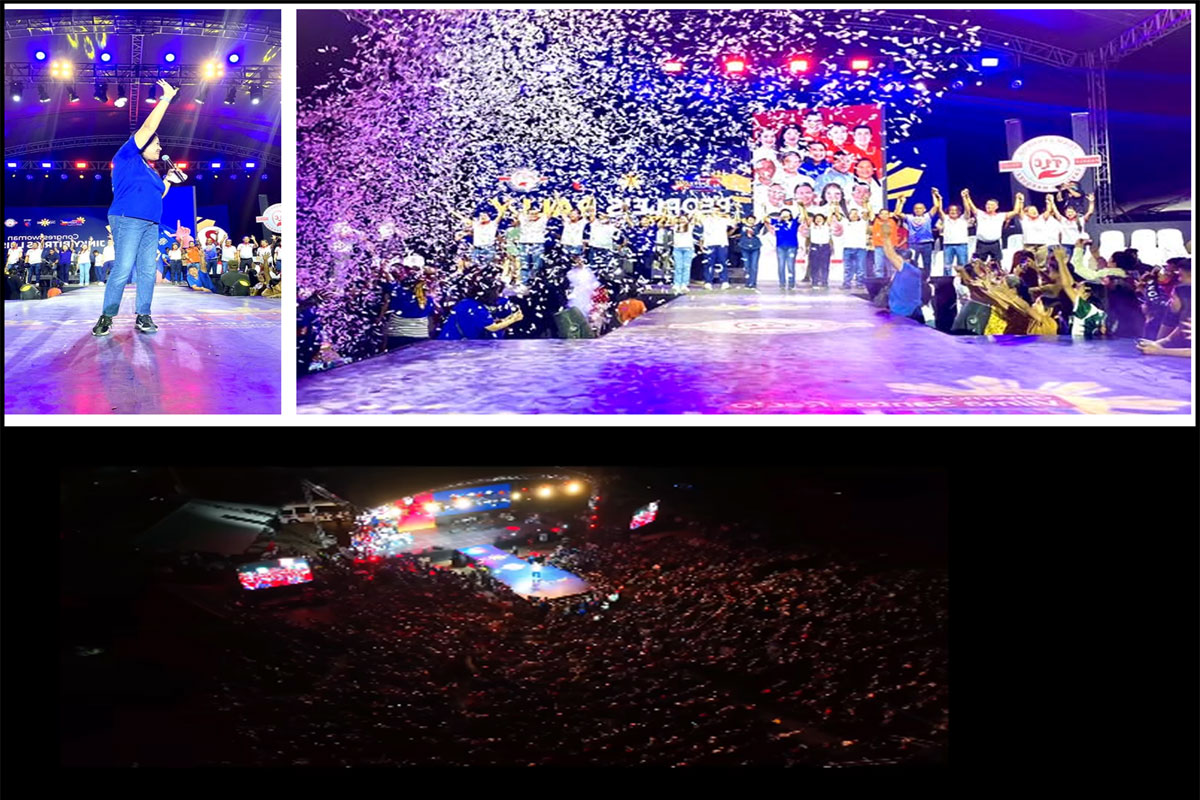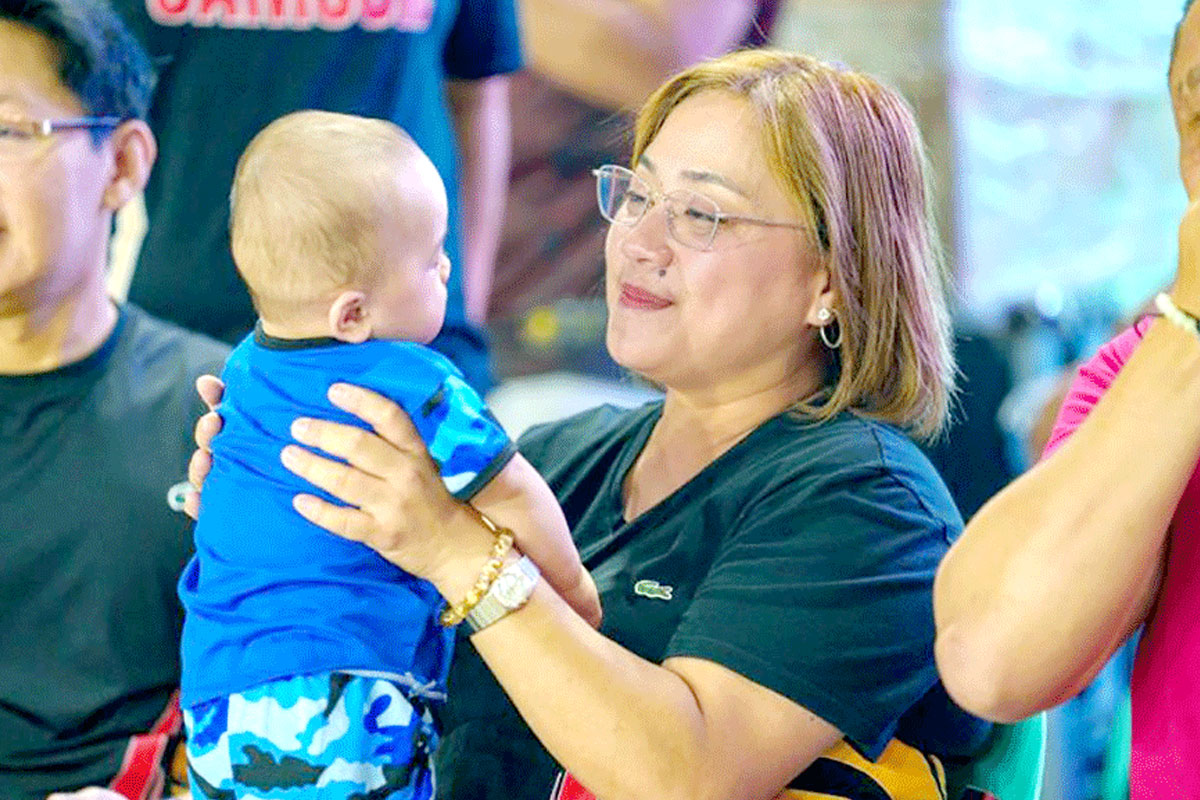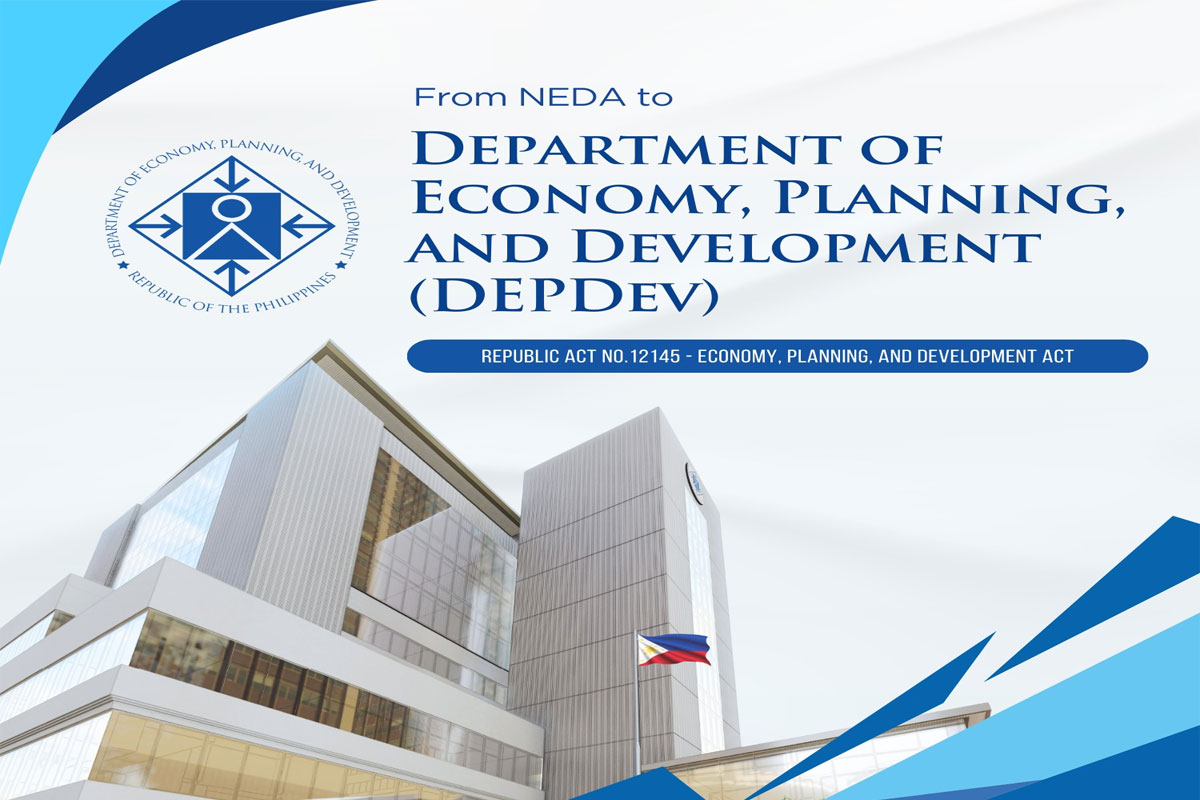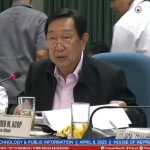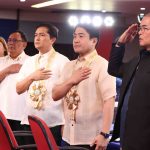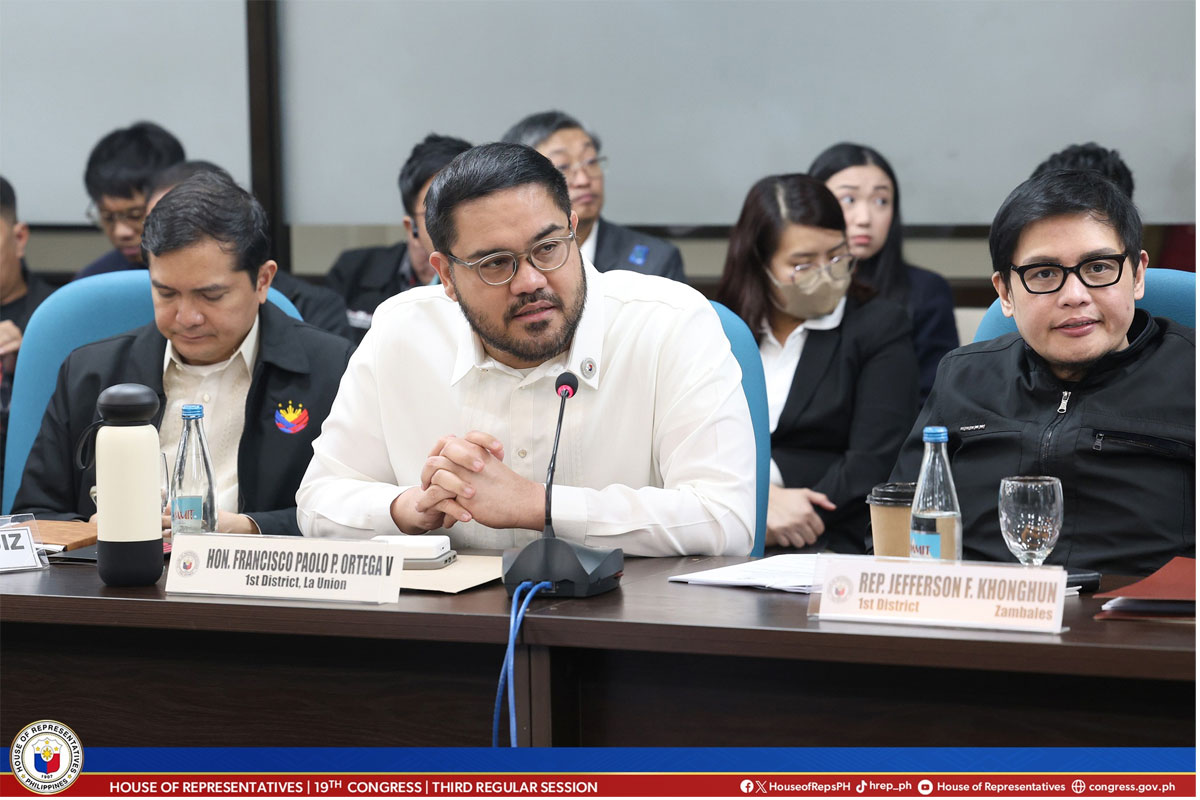 House Deputy Majority Leader Paolo Ortega V
House Deputy Majority Leader Paolo Ortega V
META SUPORTADO LABAN NG KAMARA VS FAKE NEWS
SA isang bahagi ng pagdinig ng House tri-committee tungkol sa fake news at disinformation noong Martes, nagpahiwatig ang tech giant na Meta ng matibay na suporta sa mga pagsisikap ng Kongreso na bumuo ng isang anti-fake news regulatory body.
Bilang tugon sa tanong ni House Deputy Majority Leader Paolo Ortega V ng La Union, sinabi ni Dr. Rafael Frankel, ang director of Public Policy for Southeast Asia ng Meta, na handa ang kompanya na makipagtulungan sa Kongreso para protektahan ang mga user at pangalagaan ang demokrasya.
“Would Meta support a Philippine regulatory committee for social media platforms so that they can partner and help out that same regulatory committee if it was formed? I believe your presence here would be a big help and a good sign in this inquiry. But again, we are aiming towards a regulatory committee that would help us especially combat fake news,” saad ni Ortega.
Sumagot si Frankel: “I’d be more than happy for Meta as a company to engage with the Philippine government and Congress on any type of regulations that you are considering when it comes to these issues.”
“I think we have now many years of experience in terms of working with governments around Southeast Asia, Asia Pacific and globally to come up with modalities and regulations that really can help protect users but also protect freedom of expression, that try to properly balance freedom of expression and safety in Meta of course account for local nuance,” dagdag niya.
“It’s really important that countries have their own solutions and we are happy to share what we feel like works, what’s been more challenging and what doesn’t work. We’ll be very happy to engage Congress on that issue. And we appreciate the opportunity and thank you for it,” sabi pa ni Frankel.
Bilang tugon sa tanong ni Ortega, sinabi rin ni Frankel na may mga Filipino moderator ang Meta na tumitingin sa mga posibleng paglabag sa community standards.
Dagdag pa niya, ang mga local third-party fact-checkers ng Meta ay “nagsusuri kung ang mga content ay misinformation.”
“We work with three third party fact-checkers in the Philippines—Vera Files, Rappler and AFP (Agence France-Presse). And again, all of them of course are local and have local context, local native language capabilities,” sabi pa ni Frankel.
Sa pagsuri ng mga content, ayon kay Frankel, “we prioritize the most severe harms first. It is not necessarily a first in first out content moderation system.”
“We prioritize the most harmful pieces of content first. For example, if we see that there are reports of child exploitative imagery that’s going to jump all the way to the top of the queue. If we see reports of terrorism content, incitement of violence, those type of things. Those are going to jump ahead because of the potential to cause harm. That’s the type of process we use,” paliwanag niya.
“When it comes to misinformation…what we can do is we can ourselves send contents for the fact-checkers to check or the fact-checkers can do it themselves. They have the ability not to wait for us and to actually check contents on their own. And what we see in the Philippines is they are very robust. I think we have some of the most robust fact-checkers in the world active in the Philippines,” dagdag ni Frankel.


